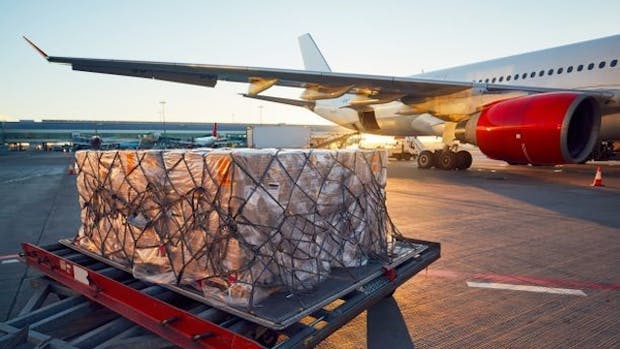Air Freight Alert: New EU Aviation Security Regulation effective 1 September 2025

From 1 September 2025, new European Union (EU) requirements will enter into force under Implementing Regulation (EU) 2025/920. These requirements apply to Regulated Agents (RAs), which are entities formally approved by the competent EU authority to apply security controls to cargo.
The regulation also removes the following third-territory airports from the EU equivalence list, meaning that cargo from those airports must now meet full EU security controls when entering the EU: Greenland (Kangerlussuaq Airport), Guernsey, Isle of Man, Jersey, State of Israel (Ben Gurion International Airport).
Key Changes
1. Established Business Relationship (EBR) requirement
Regulated agents must demonstrate that they have an Established Business Relationship with consignors in order to accept cargo as secure.
An Established Business Relationship means:
- a business relationship established before 1 September 2024; or
- a business relationship established after 1 September 2024, whereby the regulated agent has obtained and retained the following from the shipper/consignor or the freight paying consignee, as applicable:personal, business or corporate information, including name, address, phone number and email address;payment information, such as bank account or traceable credit card number;VAT number, company registration certificate, if applicable;a contractual agreement.
2. Removal of certain third-territory airports from the EU equivalence list
The following airports are no longer recognised as applying aviation security standards equivalent to the EU. Cargo from these points must undergo full EU security controls upon entry:
- Greenland: Kangerlussuaq Airport (SFJ)
- Guernsey
- Isle of Man
- Jersey
- Israel: Tel Aviv Ben Gurion Airport (TLV)
What This Means for Freight Forwarders
- Update onboarding processes: Ensure that consignor/customer documentation meets EBR requirements.
- Review contracts and records: Maintain agreements, registration details, and payment data in a verifiable and accessible form.
- Coordinate internally: Operations, compliance, and customer-facing teams should align procedures to avoid shipment delays.
- Plan for third-territory cargo: Be prepared for additional screening or controls on cargo originating from the above airports.
Freight forwarders who are RAs should review and adapt their processes now to ensure compliance. Non-RAs should anticipate possible additional checks, costs, and delays where consignors cannot demonstrate a valid EBR, and should consider strengthening communication with RAs/airlines to mitigate any possible issues.
FIATA Recommended Actions:

The introduction of this EBR requirement as of 1 September 2025 represents a significant regulatory shift for the air-cargo sector. Freight forwarders must now be proactive in verifying and recording business relationships with consignors. Acting swiftly to implement these controls will ensure seamless operations and regulatory compliance.
For questions, please contact FIATA at [email protected].